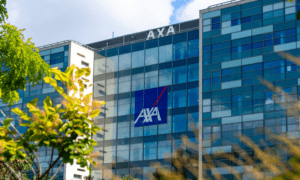AFCA finalises new ‘user-pays’ funding model for financial industry

Overall, 95% of licensed financial firm members of the AFCA external dispute resolution scheme will pay only their annual registration fee, set at $375.55 for the coming financial year. Among authorised credit representatives, 99.9% will pay only $65.98 annually – steady with their annual membership levy for the past year.
“Our user-pays approach incentivises firms to use internal dispute resolution to decrease complaints to AFCA,” said David Locke, chief ombudsman and CEO of AFCA. “At AFCA, we believe our role isn’t just to resolve complaints escalated to us but also to play a preventative role.”
Read more: AFCA welcomes financial services leader Gary Dransfield to board
In early 2021, AFCA appointed PwC to review its funding model and develop a new, fit-for-purpose, sustainable model that is fair to AFCA members. During the new model’s development, AFCA and PwC sought AFCA member feedback and considered the AFCA Independent Review’s key findings and suggestions, focusing on the “user-pays” approach that reduces the burden on smaller members and industries that are not heavy users of AFCA.
“The feedback we received was overwhelmingly positive, Locke said. “Members welcomed the fact the model rewards good complaints resolution performance, and that it apportions fees fairly based on [the] use of AFCA’s services.”
AFCA expects the new model to enable around 90% of members of the national ombudsman scheme to see a positive or neutral impact on total fees. Meanwhile, the remaining 10% expected to experience an increase in cost will do so because it more accurately and fairly reflects their usage.
“This is a fair, transparent and equitable funding model,” Locke said. “Ultimately, firms have control over the fees they pay by taking a resolution mindset when managing complaints.”
AFCA will continue to monitor the new model’s performance over the coming year, including ensuring positive, fair, and equitable member and complainant resolution behaviours under the new model.



